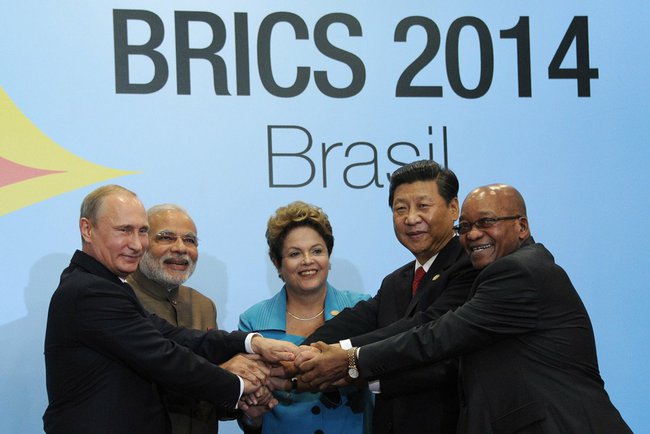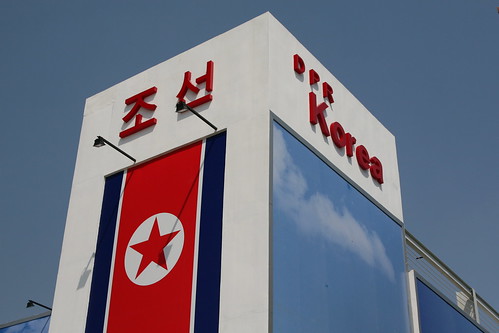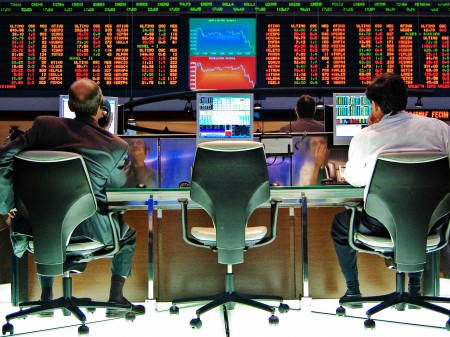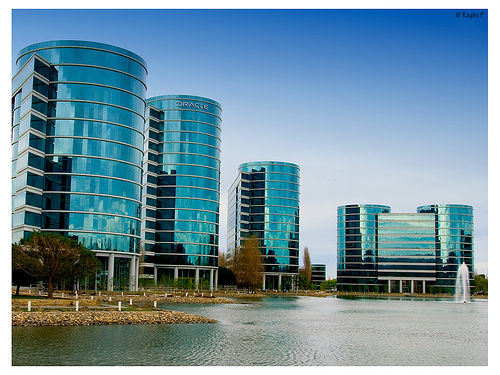
This article was originally published by the East Asia Forum on 2 August 2014.
The BRICS countries met for their sixth annual summit in Brazil this month, setting out to establish a counterweight to Western-dominated global financial institutions.
The summit’s key achievement was the establishment of the long-awaited BRICS New Development Bank. The bank will press for a bigger say in the global financial order — which is centred on the IMF and the World Bank. While China won the race for the bank’s headquarters, set to be located in Shanghai, India secured the presidency. The bank is a sign of the growing influence of the BRICS which together account for 18 per cent of world trade, 40 per cent of the global population and a combined GDP of US$24 trillion.




